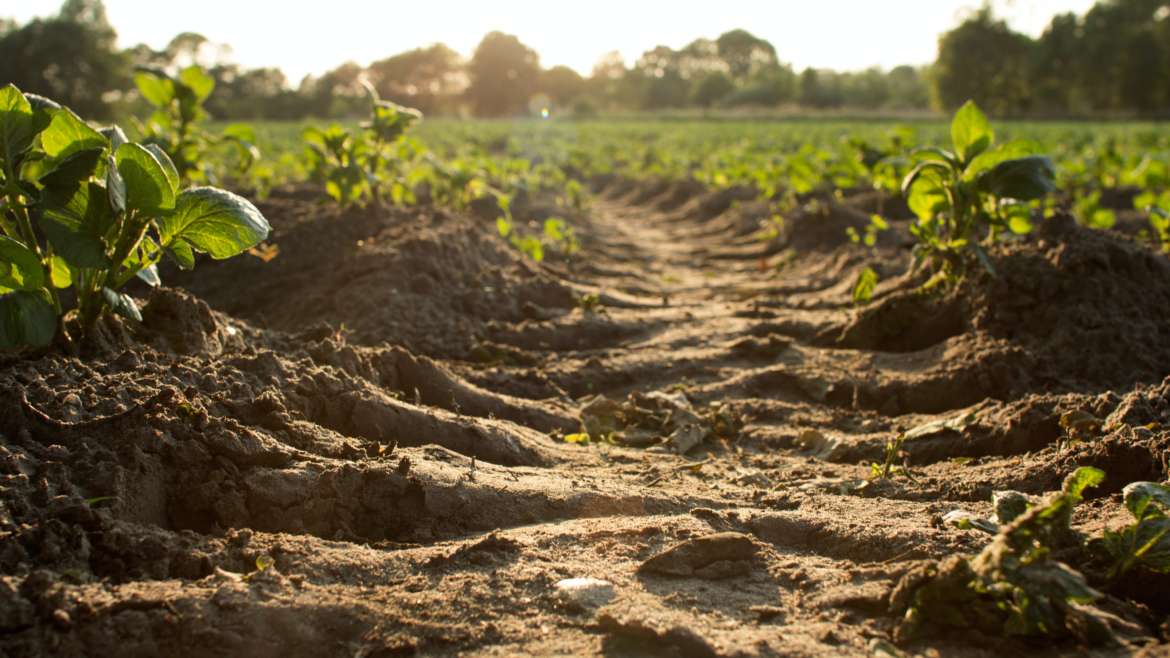
Our blog post today will explain what the Right to Farm Act is in RI and how it may be useful in land zoning disputes related to farming activities. For example, we will be discussing an upcoming North Smithfield Zoning Board hearing.
The Upcoming Zoning Board Issue
Frank Jacques operates a composting business at his Buxton Hollow Farm in North Smithfield. He also founded a non-profit school meant to train individuals about composting as an agribusiness. He was issued a cease and desist order by the town’s land Zoning Official this past January. The order came after neighbors complained of an “overwhelming smell” coming from the property.
The order states that materials were dumped on the property in violation of the town’s zoning ordinance. Mr. Jacques is appealing that order to the Zoning Board. He believes the activities are legally protected under the state’s Right to Farm Act. Much like the oyster farming dispute previously discussed on our blog, the issue at hand is whether the composting activities may be defined as “agriculture.” If so, they would fall under the protection of the state farming law. The business is licensed by the RI Department of Environmental Management (“RIDEM”) as a “medium-scale composting operation,” meaning it is subject to the RIDEM’s Composting Regulations.
The RI Right to Farm Act
The state’s Right to Farm Act, RIGL §2-23-1, et seq, states its policy “to promote an environment in which agricultural operations are safeguarded against nuisance actions arising out of conflicts between agricultural operations and urban land uses.” The policy is certainly one of the issues to be reviewed within the above composting facility appeal. The Right to Farm Act provides safeguards to ensure the covered businesses may continue to operate despite claims of nuisance against them. Also, the Act prohibits enforcement of land zoning laws vis-à-vis agricultural operations at the municipal level.
Is the composting business one of the “agriculture operations” protected by the law, though? “Agricultural operations” are defined in the law to include “all such other operations, uses, and activities as the director [of RIDEM], in consultation with the chief of division of agriculture, may determine to be agriculture, or an agricultural activity, use, or operation.” The RI Supreme Court specifically declined to rule whether composting is an agricultural operation for purposes of the Right to Farm Act in 2017, and the Right to Farm Act Regulations do not provide an answer.
Other Applicable Laws
RI law also requires “covered entities,” listed in the definition here, to recycle food waste at composting or anaerobic digestion facilities if they generate a certain amount of food waste. This relies on an assumption that the state has enough facilities to recycle the waste generated. The composting facilities licensed by RIDEM must meet the strict requirements of the Composting Regulations, including the control of odor. It is helpful to note that these regulations define agricultural composting separately, perhaps suggesting that RIDEM could define only agricultural composting as an agricultural operation. The hearing outcome on this case will be one to follow, as it may be appealed further from there.
If you are in need of assistance with a land zoning or land use issue, trust the years of experience and results the attorneys at Desautel Browning have collectively amassed to see your issue reach a favorable conclusion. Call 401.477.0023 or email us to consult with one of our attorneys today.
